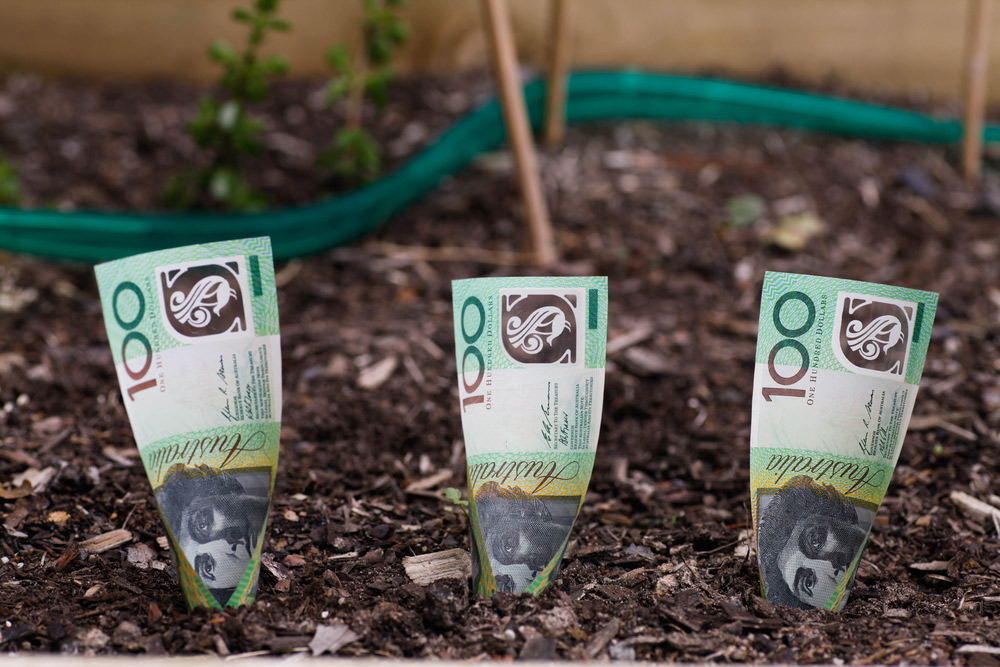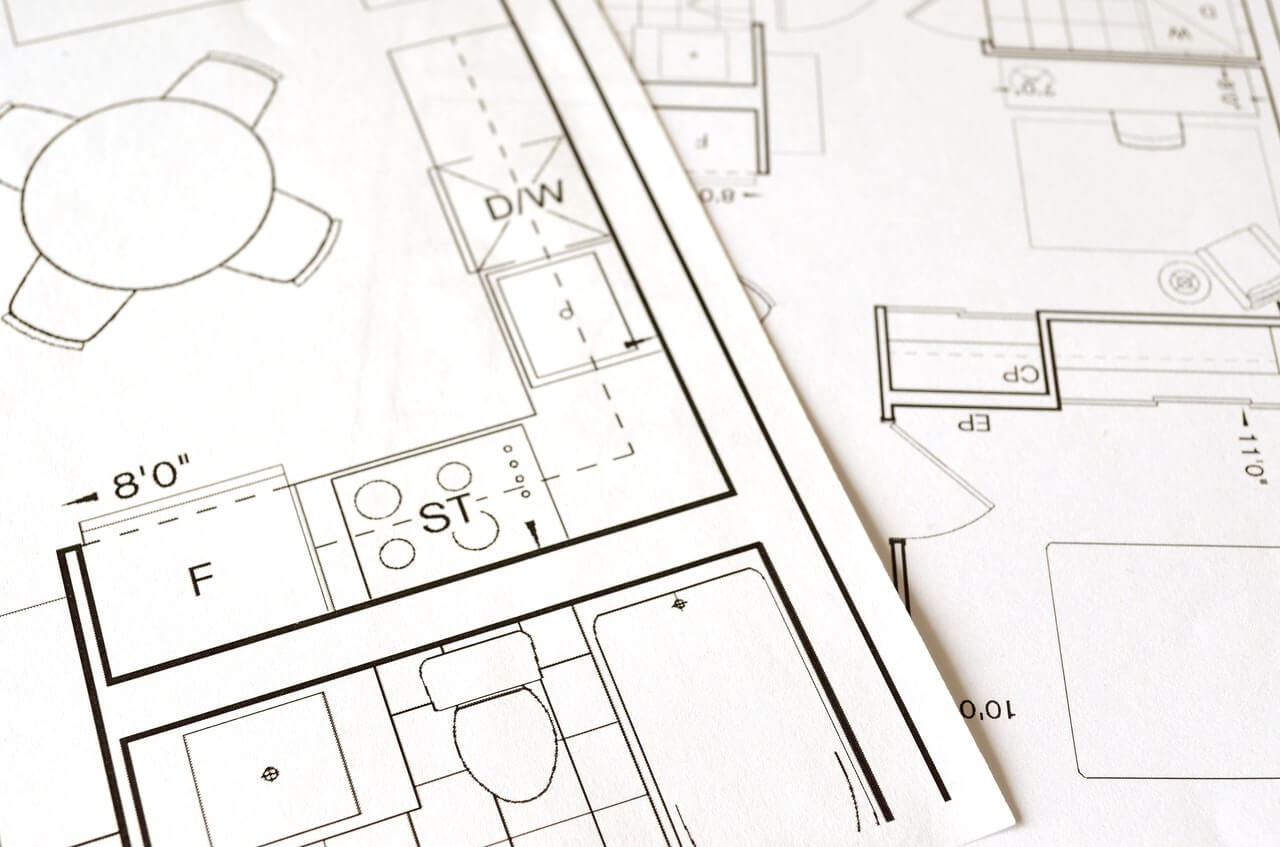
Economy Bounce-back Better Than Expected, What Investors Need To Know
It’s not only the great weather and beautiful beaches that make Australia the envy of the world – it’s also our strong economy which is currently kicking some serious butt compared to many of our global counterparts.
Bouncing back much faster – and stronger – than predicted post-COVID, the Reserve Bank of Australia (RBA) is anticipating a good end to 2021, and a great 2022.
But with so much uncertainty over the last 12 months, it’s hard to know if this economy is here to stay, and if so, how it will impact property investors in the long-run.
WHAT DO THE NUMBERS SAY?
In May this year the RBA updated its economic calculations, estimating that instead of growing by 3.5%, the GDP will actually increase by 4.75% in 2021. It also stated that the jobless rate will likely drop from 5.6% to 4.5% by the end of 2022.
In simple language? Let’s break it down.
The GDP – gross domestic product – is the amount of money made from all goods and services in a specific time, in this instance, 12 months.
The greater the GDP, the stronger the economy. An active, vibrant economy means more jobs and less unemployment.
In short, Australia’s economy is in good shape and is creating more jobs.
This is surprising, because of the devastating impacts of COVID-19 on other global economies, and important, because Australians are facing a rise in inflation and continually rising house prices.
Inflation – when the price of goods or services go up – occurs when there is a lack of stock. We are seeing this now as the cost of bringing goods into Australia from overseas has drastically increased post-COVID.
So, while the Australian economy is doing well and more of us are employed, the cost of living is rising faster than our wages, and house prices show no sign of dropping.
WHAT DOES THIS MEAN FOR PROPERTY INVESTORS?
There are pros and cons for property investors as a result of a strong economy, low interest rates and rising house prices.
With some state-linked incentive programs ending, there has been a drop in first-home buyers. This gives investors greater access to stock and less competition at auctions.
The downside is that with borrowing being so cheap, smart home owners and real estate agents are inflating the cost of their property, meaning we are paying more for a property than we would have a few months ago.
It’s important that property investors take the cost of investing and servicing loans, and the rising cost of living, into account when purchasing properties.
Significant wage increases to ease the effects of inflation are still some way off, and if people’s wages don’t rise, rents can’t rise. If investors can’t increase rents, we can’t increase cash flow and it will be harder to purchase further properties, gain a passive income and decrease any debt.
Before you buy, make sure you know your numbers, can service your loans and have a buffer for each property in case your own situation changes.
WHAT DOES A SMART INVESTOR STRATEGY LOOK LIKE NOW?
Changes in economies and national and global markets aren’t a reason to change your investment strategy.
But, some of the golden rules of real estate investment become even more important when you take all of these factors into account.
One such rule is location. While we always need to buy property in a location with good infrastructure, high liveability and walk scores, and appealing green space, in the face of rising inflation, certain locations are less volatile than others.
A general rule of thumb is, the older the suburb, the less volatile. This is because older Australians have paid off more of their debt. In newer locations, people tend to have bigger mortgages and high debt, so are more sensitive and vulnerable to rate adjustments.
Another golden rule is quality of tenant. As investors, it’s going to be harder to pass on the cost of a rates rise via rent increases to tenants whose wages aren’t increasing. Buying property in more affluent areas, where worker’s skill sets are adaptive, will allow for rent increases, despite inflation.
Overall Australia is in great shape, but it’s important to stay informed about how economic factors can affect property investment.
GOOD STRATEGY IS BASED ON KNOWLEDGE
You can’t build a solid strategy on guesswork. It’s about understanding the current market landscape and how to optimise it for long-term and sustainable growth.
Get started at our free property investing seminar.
Here we can discuss what other trends will impact your real estate in this new age and how to determine the right plan for you.
Spaces are limited so register now.
Before equity lock, comes equity. Equity happens when your property is worth more than you paid for it. Maybe the average area price has gone up thanks to an improvement in local infrastructure, or there’s a lack of stock so people suddenly need to pay more to live in your location.
Whatever the reason, your property is now worth more than you spent buying it.
Capital growth, as we’ve said before, is a vanity exercise. It’s great to swan around feeling smug that your $450,000 apartment would now sell for $500,000. But unless you do something about it, how does it really serve you?
Equity lock is the one financial tactic that a property investor needs to know how to use to grow their portfolio faster.
Once your property has equity, the smart thing to do (making sure you can still service the loan) is to revalue the property and draw out the increased amount. Property investors then use that cash as a deposit on the next one or two properties, which also yield rent income and capital growth.
IS THERE FALSE EQUITY?
Markets are constantly changing. Over the 20 years that you own a property you can expect the value to go up, go down and plateau. That’s how real estate works.
So, imagine if impacts like COVID-19 or a lack of stock or low interest-rates, push up the value of your property, above what even you think it’s really worth? Even if you eventually lose some of that capital growth and have to wait a few years to get it back, as long as you can service your loan, you still need to act fast and lock your equity in.
Property investors don’t live on capital growth. The income from rent and regular increases in that rent is what allows people to work a three day week. The more properties you own, the greater the passive income.
Locking in equity means you can buy a second, third or fourth property that much faster, which equates to more passive income.
SOURCE: RBA more bullish on economy as it holds rates at record low (smh.com.au)
GETTING STARTED
Let our property investment company teach you about equity lock and how to make it work for you at one of our free property investing seminars.
Sign up for one of our information and education events, where you’ll be equipped with the tools, resources and support to thrive, and not fall behind on your path to financial freedom – whatever that may look like for you.
Book your spot now and find out what you need to know about the current market landscape and how you can make it work for the ultimate wealth creation opportunities.
Recent Articles
What Is the True Value of Your Investment Property?
Like a fine wine, the value of property gets better over time. Traditionally, the more time you have an investment property, the higher the value will rise.
However, unlike your favourite Shiraz, property values can go up and down, and up again.
Getting to know how, why and who is valuing your property can help us understand what property to invest in.
There are three ways to value a property – and three very different people doing the valuing.
The 3 ‘Big Rocks’ of Property Investment Success
What are your Big Rocks this year? What are your Big Rocks for your property investing journey?
If you’re scratching your head and wondering if you’ve accidentally stumbled across a blog for construction workers, bear with me.
Big Rocks is a concept often used in business or life coaching to essentially describe your priorities. The theory is, if you don’t have clear priorities, or if you have too many, chances are you’ll let smaller issues distract you and ultimately fail in your goals.
Property Hot Spots: How To Predict the Best Places To Buy
Historically real estate has always been a good place to put your cash. It’s an asset you can feel and touch – unlike stocks or shares – which makes investors feel safe. And, in the right place and time, property can grow in value while you sleep, meaning as an investor you don’t have to do much to increase your personal wealth. But as investors, how can we better predict the next hot spots for real estate investment so we can get in at the right price? How do we know the best places to buy that are guaranteed to grow in capital value, return regular rent increases and ensure future personal wealth?
How NOT To Be One of the 99% of Investors Who Fail in Property
According to the Australian Bureau of Statistics, 99 per cent of property investors in Australia fail. In this instance, the definition of failure is failing to buy three or more properties. Failure is easy. It takes very little effort to be bad at something. Success is something you have to work for, something that takes time and effort. But if you’re willing to put in the hard yards, we know you can succeed. We know because we’ve helped thousands of Australians buy property that’s yielded millions of dollars of income. To understand how to succeed, we need to know why so many fail. People fail because …
4 Crucial Property Questions To Avoid Investor Overwhelm
Part of being a successful property investor is being able to stay across a lot of moving parts. From analysing the value of different areas or types of property, to understanding inflation and different kinds of loan structures. It’s information overload and at times can feel overwhelming.
Information overload can lead to something we call “analysis paralysis” meaning, with so many decisions to make, you can’t make any.
How Infrastructure Will Impact Your Ability To Create Capital Growth
When investing in real estate, smart investors know that buying well comes down to more than just the quality of a building or property. This is because one of the key factors to affect the capital growth and rent rate potential of property is infrastructure.
Successful Property Investors Don’t Quit Their Day Job
You need that income! One of the primary things you need to be a successful property...
What You Need to Know About Buying Off-the-plan
Weigh it up - you'll be surprised. Like a lot of things in life, there are pros and cons...
6 Ways To Speed-Up Your Next Property Purchase
Get There Faster If you are already a property investor with one or even two properties,...












